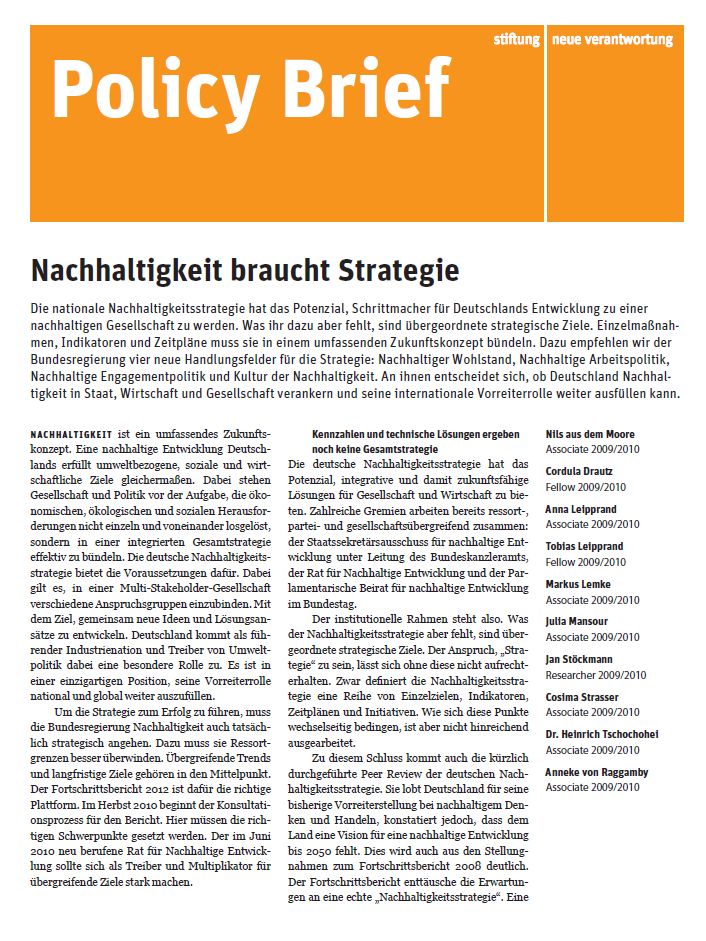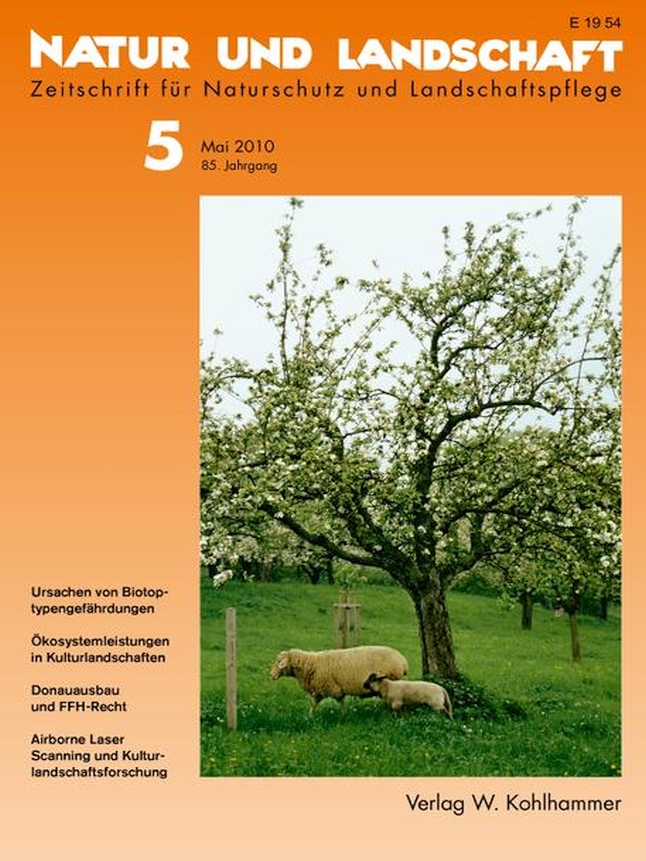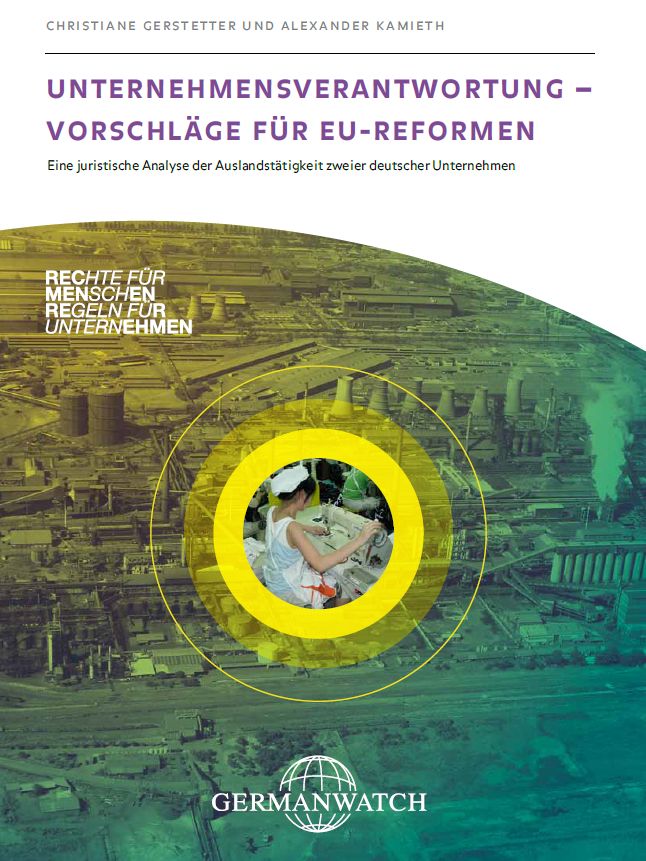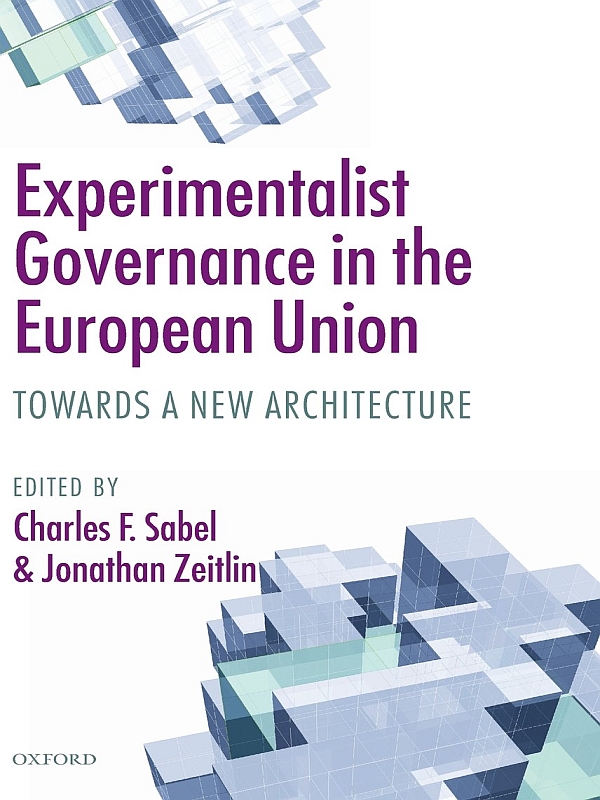Event:Conference
Event:Visitors Program
Informational Visitors Program on Climate Protection and Renewable Energy
-
Berlin, Dresden, Leipzig,
Germany
Presentation:Lecture
Publication:Policy Brief
Presentation:Chairing
Event:Summer School
Event:Visitors Program
Transatlantic Exchange on Green Buildings and Architecture
-
Frankfurt, Darmstadt, Berlin,
Germany
Publication:Article
Presentation:Chairing
Event:Dinner Dialogue
Presentation:Lecture
Project
Publication:Book
Publication:Book Section



